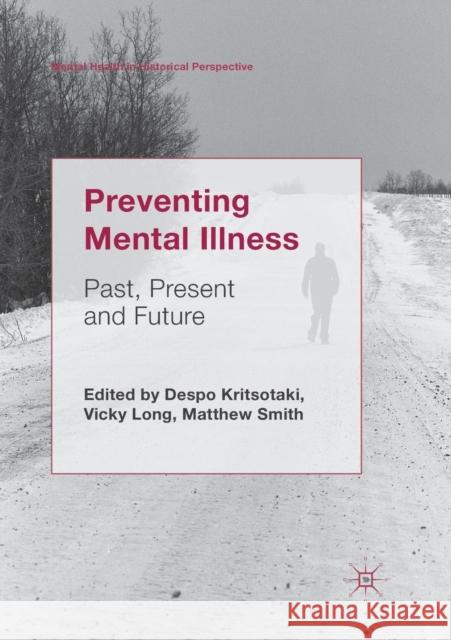Preventing Mental Illness: Past, Present and Future » książka
topmenu
Preventing Mental Illness: Past, Present and Future
ISBN-13: 9783030075224 / Angielski / Miękka / 2019 / 292 str.
Kategorie BISAC:
Wydawca:
Palgrave MacMillan
Seria wydawnicza:
Język:
Angielski
ISBN-13:
9783030075224
Rok wydania:
2019
Wydanie:
Softcover Repri
Numer serii:
000793513
Ilość stron:
292
Waga:
0.37 kg
Wymiary:
21.01 x 14.81 x 1.65
Oprawa:
Miękka
Wolumenów:
01
Dodatkowe informacje:
Wydanie ilustrowane











